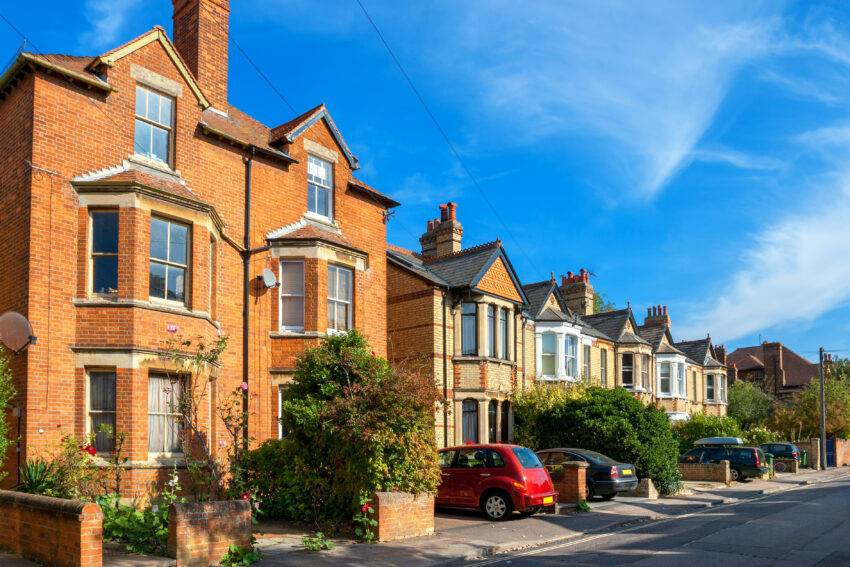Default rates for mortgages and credit cards by households are expected to rise by the end of the year, according to a Bank of England survey of lenders.
The range of UK banks that have seen more secured loans default over the past quarter reached its highest level since 2009, during the credit crunch after the financial crisis, the Bank’s data showed on Thursday.
The net percentage balance of defaults on secured loans to households jumped from 30.9 per cent to 43.3 per cent over the period, indicating that defaults had increased sharply across the banking sector. Defaults on secured lending are expected to rise further in the coming quarter, with banks anticipating an eventual net balance of 47.4 per cent.
Secured loans are a form of credit which often entitle banks to the underlying asset in the event of the borrower defaulting. Mortgages are the most common form of secured lending, with the property backing up the loan.
An aggressive campaign of interest rate rises by the Bank’s monetary policy committee has tightened financial conditions, with average mortgage rates at their highest level in 15 years. Rates on car loans and other forms of credit have also risen sharply. The Bank’s base rate stands at 5.25 per cent.
Homeowners on floating rates have shouldered the bulk of the strain from the Bank’s tightening cycle as their contracts are tied to changes to the UK’s base rate, which has been increased 14 times since December 2021.
So far, fixed-rate mortgage holders have been broadly shielded, although a large share of this group will roll on to new deals with higher rates over the next 12 months, raising the chances of more defaults.
Business Briefing Morning and midday updates on financial and economic news from our award-winning business team. Sign up with one click
Ashley Webb, UK economist at Capital Economics, the consultancy, said: “The recent rise in the default rate is consistent with the economic weakness we’ve been seeing in the housing market.”
He added: “Higher interest rates are not only weighing on house price affordability for new borrowers, they are also stretching the budgets of households with existing mortgages as their fixed deals end and are forced to refinance at higher rates.”
Squeezed affordability and signs of growing defaults are likely to deter potential buyers from the housing market. House prices have dropped at their quickest pace since 2009, according to Nationwide and Halifax.
The Bank’s data showed that demand for mortgages over the past three months dropped sharply to a net balance of minus 54.9 per cent from a positive balance of 52.7 per cent in the previous quarter. While moderating, mortgage demand is forecast to remain soft at a balance of minus 28.4 per cent over the next three months.
Denial of responsibility! My Droll is an automatic aggregator of Global media. In each content, the hyperlink to the primary source is specified. All trademarks belong to their rightful owners, and all materials to their authors. For any complaint, please reach us at – [email protected]. We will take necessary action within 24 hours.


